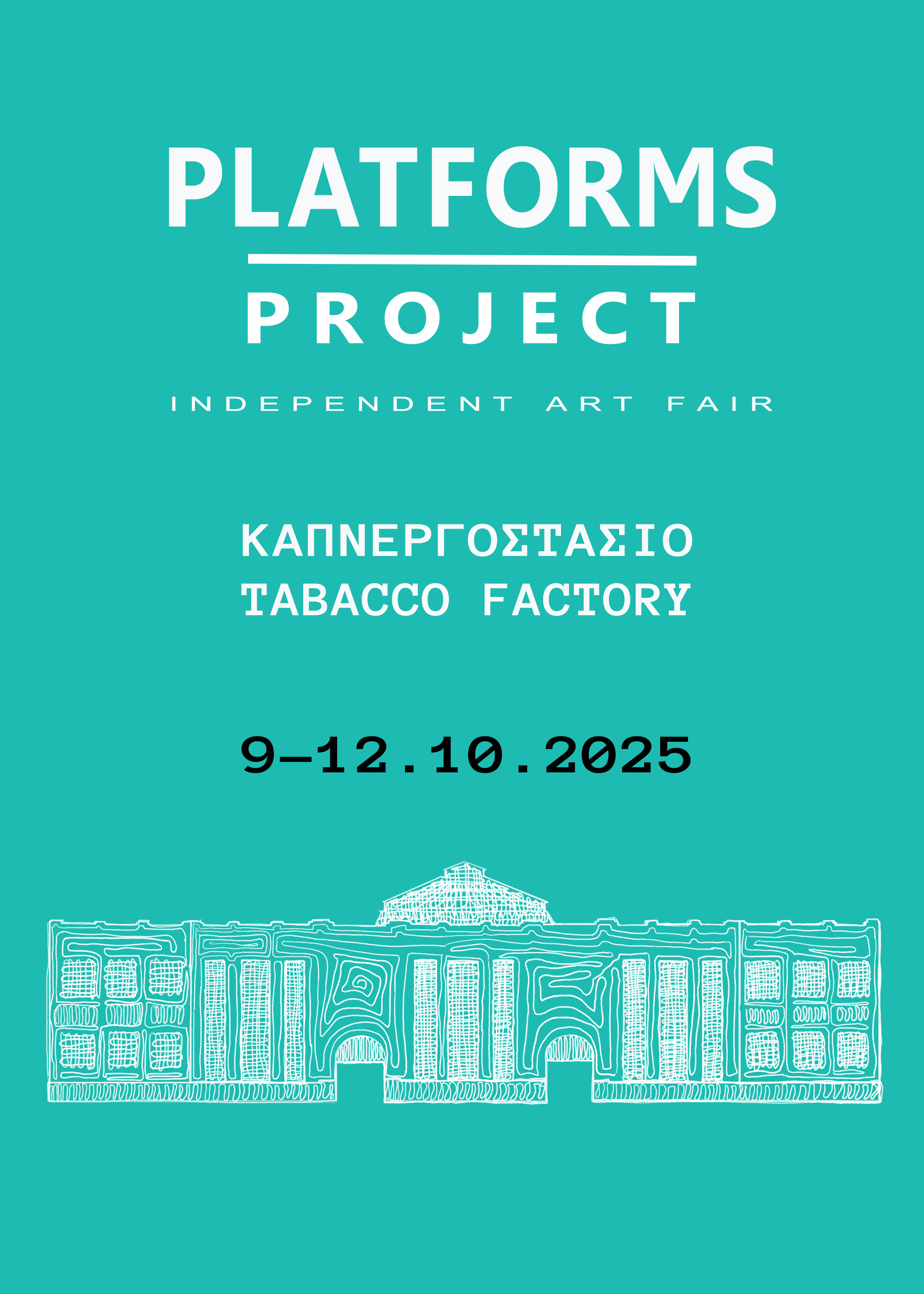from Seventh Floor
they lie behind, the place and country we shall reach
let us maintain the feeling that we move ahead
towards an immaterial family tree
on one of its branches, we'll become a fruit
like my ancestors they have passed
not exactly into nonexistence but where no
living ship came back from with traces of such land
they're shut inside the safety of an impregnable moment
trading behind a night embankment
on every side, enigma, and their day springs up
and ascends towards the source that again illumines the unsolvable
the unending succession
the slow-burning existence of a mirror within a mirror
it doesn't end
in an unmapped border
it is encircled
it is a solitary sphere that turns
a planet with no image
uninfluenced by any moment
even by that when, if balance is lost,
a point gives birth to the universe
God is dispersed
we are in the present, we hear his vibrations
now division is visible
we are with the living
God enters to seed
is scattered while traversing his own praise
we have the feeling that we move ahead
towards the exit
a passage opens up for those who praise
their torches illumine the night
in front of us a tiny sphere of blue
in a unique musical scale
the wind there whistles
God is divided in the valley singing with the wind
the wheat sways
we, the living, gather it
sailing with it in its ancient sea
God is divided God Forever
let us stay united
– translated by Panayotis Ioannidis
~
Nikos Stavropoulos is one of the rare contemporary poets (of his generation, at least; though we might also mention Dimitra Kotoula in this connection) who so insistently—and daringly—cultivate what we should not be afraid to brand a potent, heady pairing of existential and metaphysical poetry. This is clearly his personal poetic field—both in his first, impressive book, Chamber Outearth (2003), and his second one, Seventh Floor (2018), from which this month's poem is taken.
Twenty poems and a preamble composed Chamber Outearth: the first poem titled “The end”, and the last, “Paradise”. Between them, there unfurled a procession of titles that pointed to his main themes: the human condition within this (and the Other) world (“Agony”, “The Hermits”, “The Fall”, “The Last Act”, “War”); Nature (“Rain”), place (“The Window”), and time (“Again”); the twin enigma of death and life (“Dormition and Resurrection”, “Maiden and Death”). Fifteen years later, forty poems, all untitled, made up Seventh Floor. N.S.' style has matured into a smoother, more personal diction. Although his preoccupations remain the same, the voice has become less declamatory, it has gained the ability to lower itself into an intense, persuasive intimacy: light is torn like paper; truth still swirls in the wind; a bird has exited time; on zero's top you smile, a newborn who has again plenty of future. The book ends with the lines: raindrops hit the windowpane / like pebbles of light / I am quiet now / I do not care / life is untouched by death / if he touches her it isn't life.
Nikos Stavropoulos was born in 1969 in Athens, where he lives. His poems have been translated into English and French and have been included in various anthologies.

Pictured: A still from a video by Yorgas Helmet that is part of Void Effigies of Star Children, an online exhibition with music videos by eleven international artists. Read more here.
